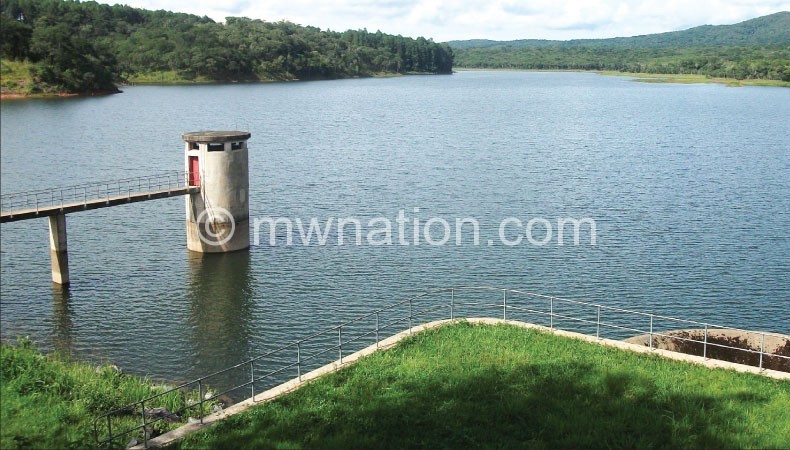Govt challenged to develop water infrastructure
Malawi government has been challenged to introduce levies or increase funding towards water infrastructure development to control floods, improve the catchments and facilitate availability of water for drinking, industry and irrigation.
Programmes manager for National Water Development Programme in the Ministry of Agriculture, Irrigation and Water Development, Professor Zachary Kasomekera, said this in his keynote address at the 2015 World Water Day Conference in Mzuzu on Friday.
 Kasomekera, in his presentation titled ‘From Vision to Action: Malawi at Crossroads of Water Resources Management,’ acknowledged that the country has political will in developing the water sector, but cited poor funding as the major challenge.
Kasomekera, in his presentation titled ‘From Vision to Action: Malawi at Crossroads of Water Resources Management,’ acknowledged that the country has political will in developing the water sector, but cited poor funding as the major challenge.
“Malawi has never fallen short of a clear vision on water development. We have had the Water Resources Master Plan, Vision 2020, Water Resources Investment Plan and the Malawi Growth and Development Strategy. But we need to translate these into action,” he said.
Kasomekera said these plans can be achieved if the country sets aside a particular amount of money in form of levies or subsidies every year to support construction of major water infrastructure in the country.
“We need at least $200 million [about K88 billion] to construct a dam. But this is impossible to accomplish in a year, as only a third of the National Budget is allocated towards water development. We can, however, achieve this in five years if government can set aside some money in form of levies or subsidies every year,” he said.
Kasomekera said government can borrow a leaf from the Roads Authority which has managed to construct a number of roads using levies.
“Government through the National Water Resources Authority, which is under formation, should also come up with levies to finance water infrastructure,” he said.
Minister of Agriculture, Irrigation and Water Development Allan Chiyembeka, who was guest of honour at the conference, acknowledged the need for increased funding towards water infrastructure development.
“These are genuine concerns and the point has been taken,” he said.
Chiyembekeza said only 80 percent of the population in Malawi has access to potable water.




